While it may sound impossible, it seems that California’s policies are directly affecting workers in the Midwest, specifically in Michigan and Ohio.
Workers at Stellantis in Toledo, Ohio, are speaking out against these new policies, including those put in place by President Biden and his administration, and their negative effects on the average American.
California’s New Policy That Everyone is Talking About
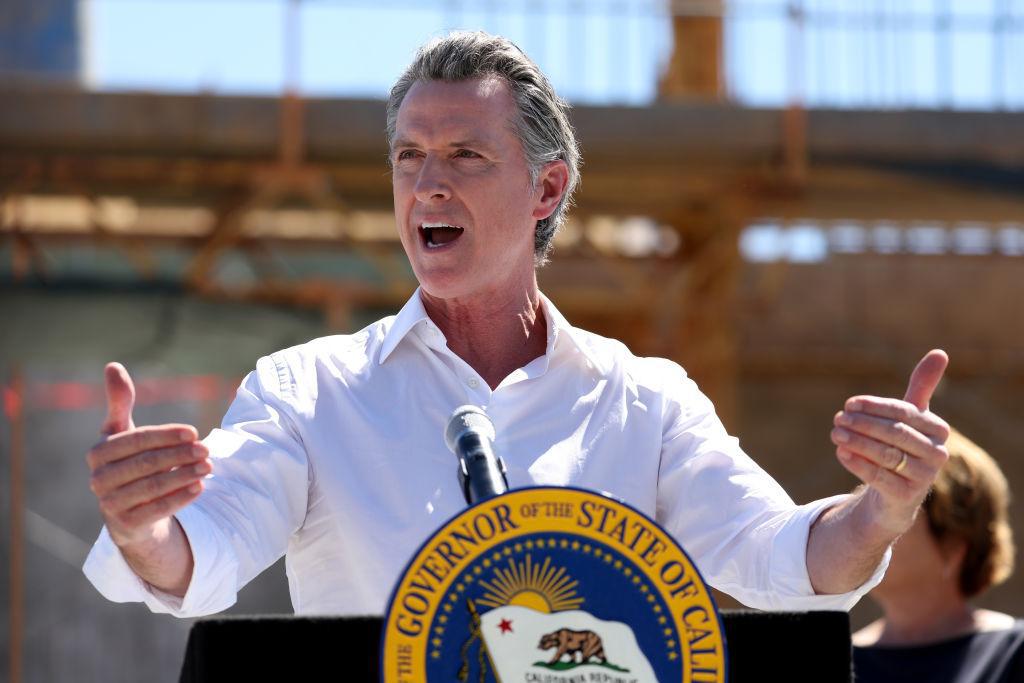
California state Governor Gavin Newsom recently released a new policy: All new cars sold within the state must be zero-emission (electric vehicles or EVs) by the year 2035.
And since California has a huge population of almost 40 million people, this policy directly affects vehicles, both gas-powered and EVs, across the country.
President Biden Made a Similar Announcement
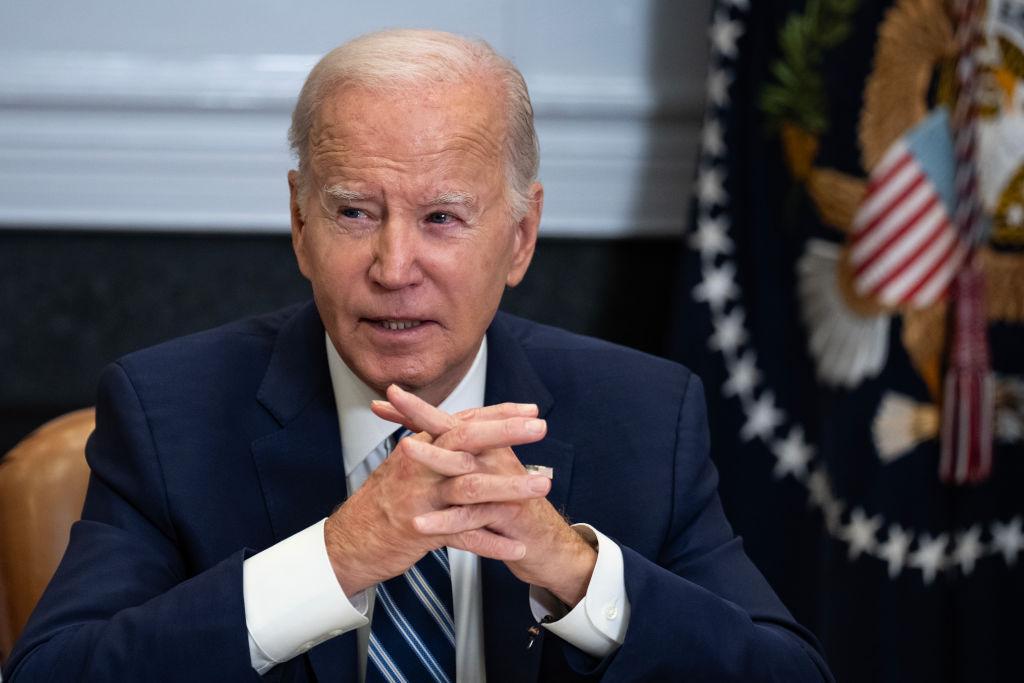
And it’s not just California pushing for more EVs across the country. President Biden’s Federal Sustainability Plan also requires an automotive transition.
The President is requiring that at least two-thirds of all new vehicle sales in the entire country must be electric by 2032, even though EV sales only represent 2% of auto sales at the moment.
How These Policies Will Affect Americans
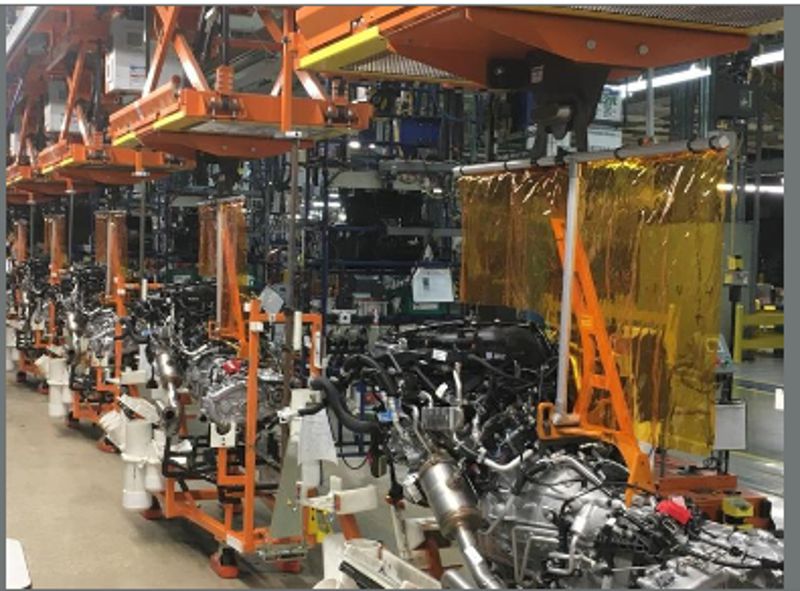
Now, aside from how these policies will affect the American consumer looking to buy a new car, they change everything for car manufacturers.
The automotive manufacturing industry is one of the biggest businesses in the country. Ten million units are currently made every year on US soil, and the industry employs a whopping one million Americans.
Stellantis Employees a Quarter of All American Car Manufacturers

Stellantis is one of the largest car manufacturers in the country, employing 272,367 Americans, which is more than a quarter of the total workforce for the industry.
But now, Stellantis has reportedly laid off more than 1,000 workers from their factories in Toledo, Ohio, and Detroit, Michigan, and will likely have to let go of several thousand more due solely to Newsom and Biden’s EV requirements.
What Stellantis Has to Say About It
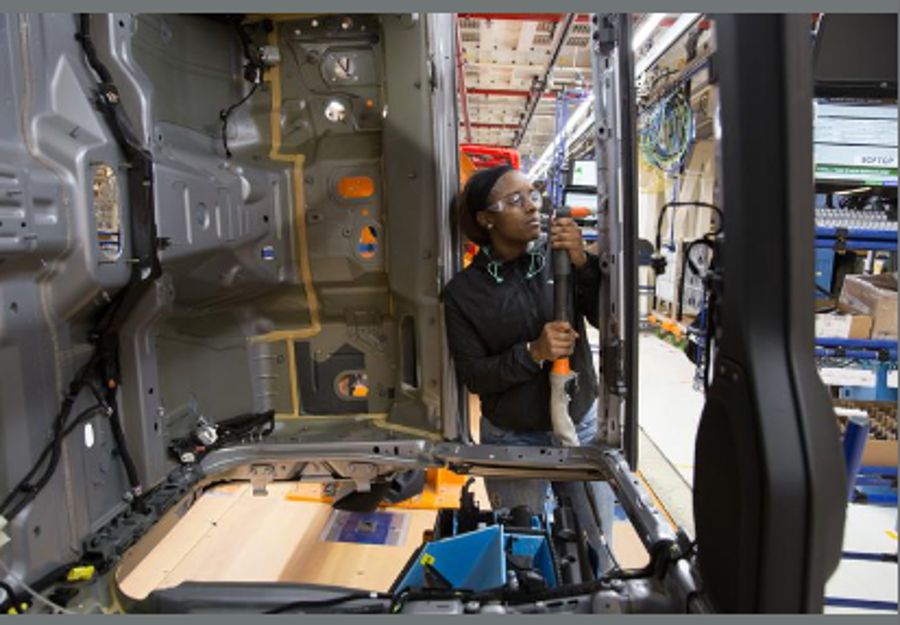
In a recent interview with Fox News, Stellantis spokesperson Scott Hayes spoke plainly about the new policies and how it’s affecting the company, which has factories in Toledo and Detroit.
Hayes said, “What we’re seeing is that failed policy out of Sacramento and out of DC are costing real collateral damage here in the Midwest. The effort to put you into an electric vehicle before we can do so, before it’s even attainable… it’s unachievable and it’s costing jobs.”
Breaking Down Stellantis’ Interview
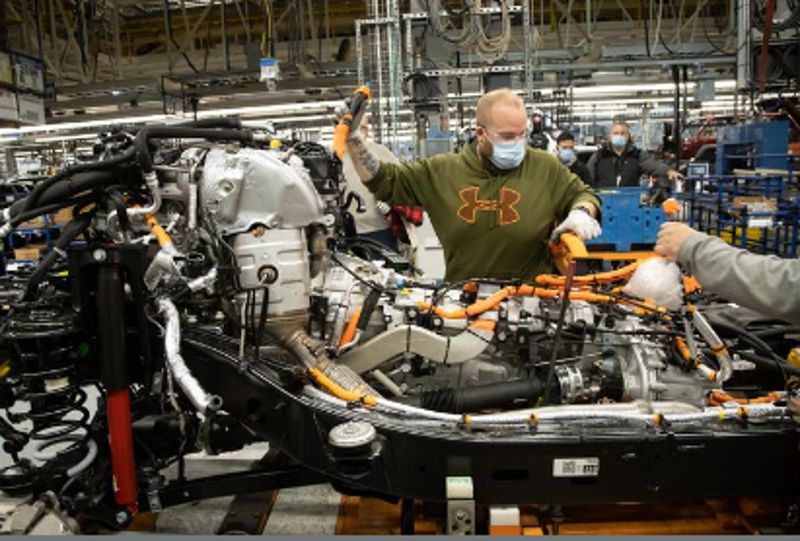
Now, the basic meaning of Scott Hayes’ interview is that Stellantis’ factories are not set up to produce EVs at this time, they are built to manufacture gasoline-powered vehicles.
Therefore, if gasoline-powered vehicles won’t be available for sale within the next ten years, then they have to stop making them, which means laying off workers and even closing down smaller factories.
The UAW Is Already Fighting Against EV Policies

The United Auto Workers (UAW), have already been fighting against the new EV policies from California and Washington DC. In October, the union went on strike against Stellantis, GM, and Ford, companies that are attempting to follow the new EV policies and are consequently laying off thousands of employees.
UAW workers are claiming that these companies need to do more to protect their jobs, but the companies are saying they are just following orders and there is nothing more they can do for their employees.
The Entire Automotive Industry is in Trouble
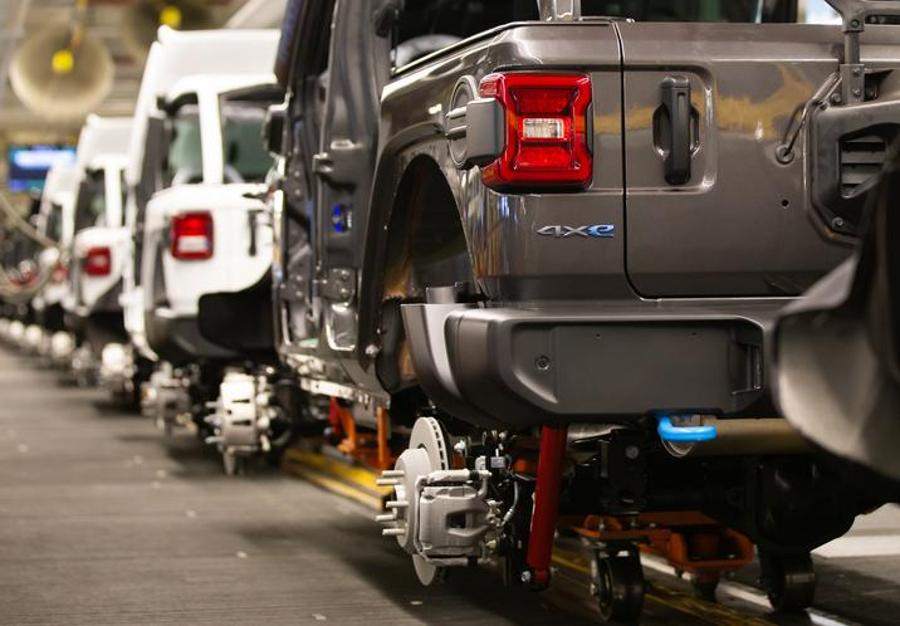
So, huge American companies such as GM and Stellantis don’t have the infrastructure to make hundreds of thousands, if not millions, of electric vehicles. They are losing money through the UAW strikes and being forced to lay off thousands, which means shutting down factories.
That means the entire automotive industry is in serious trouble. But many people are wondering: who will make all the EVs if the American companies can’t?
American EVs Are Being Outsourced to China
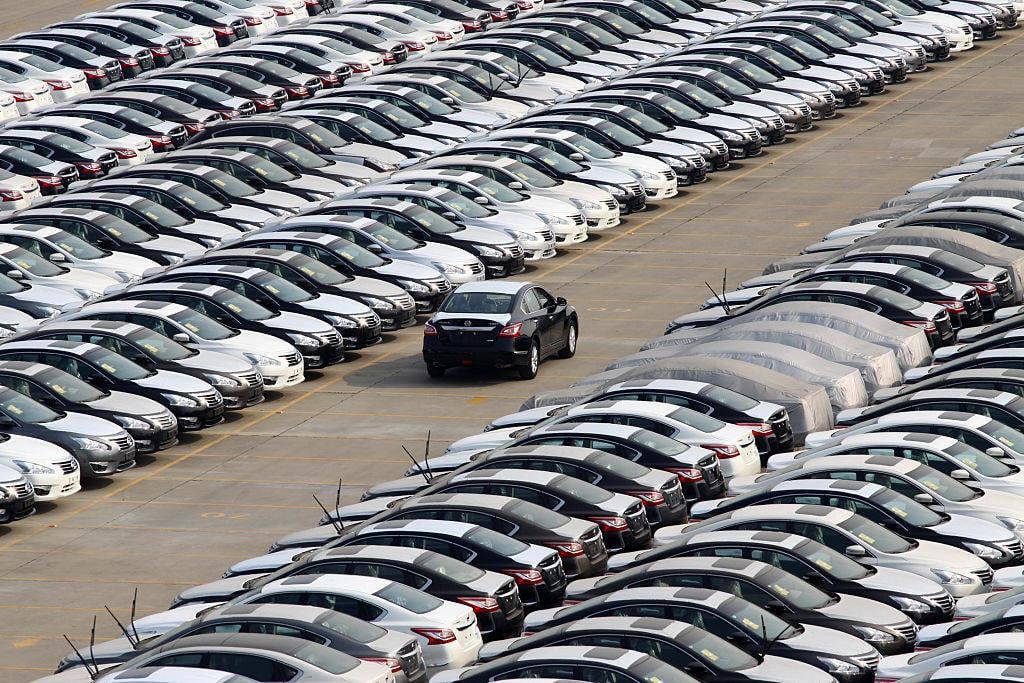
Until American auto factories are outfitted to make the necessary EVs, many companies are outsourcing production to plants in China. Of course, this is one of the UAW’s biggest complaints, but automakers don’t seem to have another choice.
And because of this necessity or decision, depending on which side you’re on, many Americans who don’t even work in the auto industry are starting to fight back against the new EV policies.
Former President and Current Candidate Donald Trump Weighs In
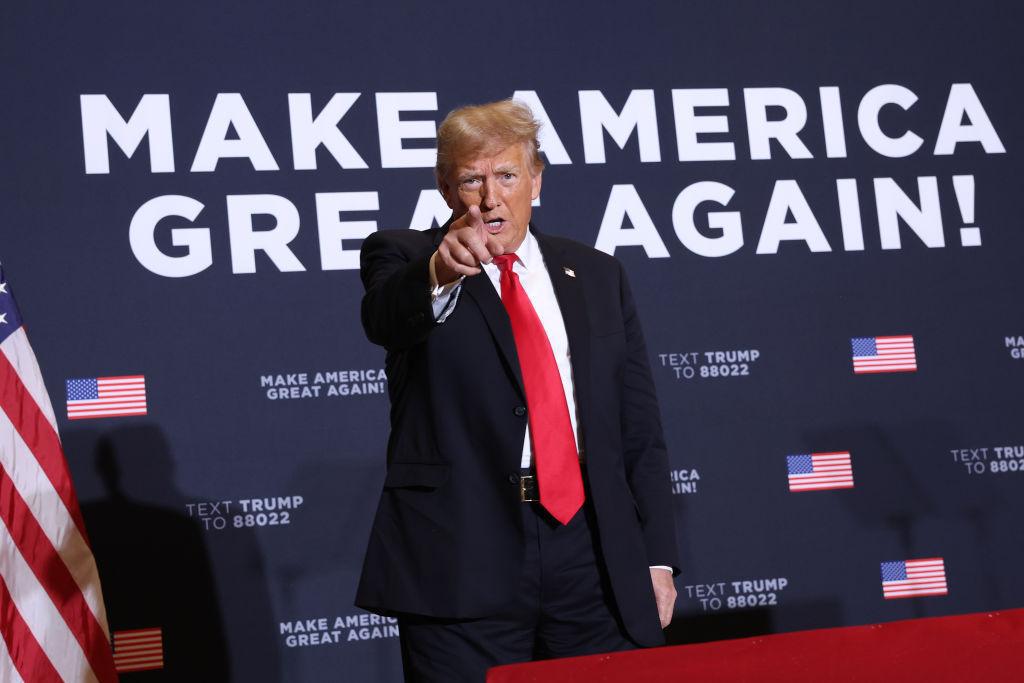
The upcoming presidential election in 2024 is undoubtedly one of the most intense in modern history. Trump and Biden will be competing again for the position, and the two couldn’t be more different.
In fact, Trump has already made it completely clear how he feels about the EV policies when he said, “On day two, we will get rid of this ridiculous electric car mandate. You know, on a diesel fuel truck, you go 2,000 miles. On an electric truck, you have nothing left because the battery is so large it takes up most of the space… but it only goes 300 miles.” And continued, “You talk about a supply chain problem.”
Will Most Cars Actually Be Electric Within the Decade?
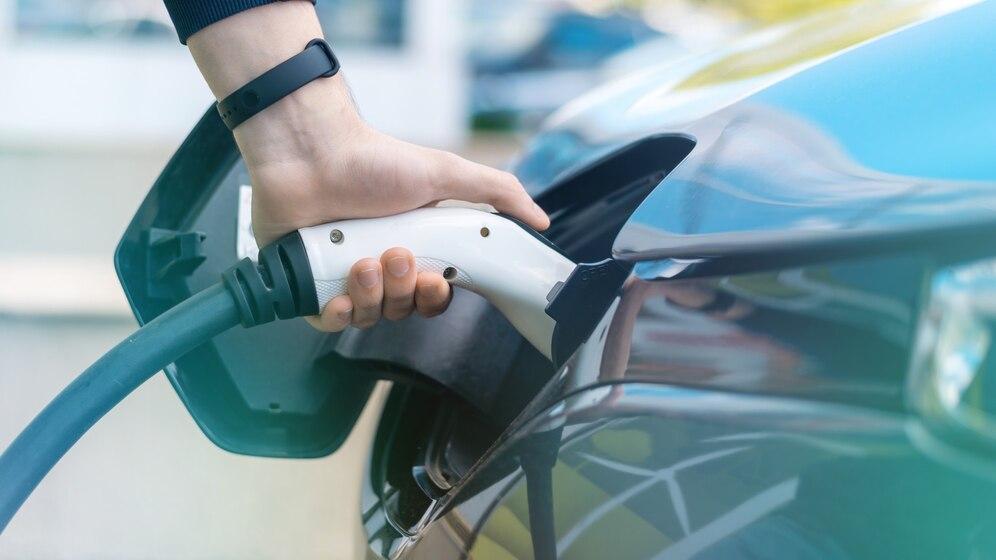
Depending on what happens next with the UAW, the automotive industry as a whole, and who wins the next presidential election, EVs may or may not become the vehicle of the future in America.
But for now, the policies in place from California and Biden’s administration are already affecting American citizens, and not in a good way as Biden had hoped.
